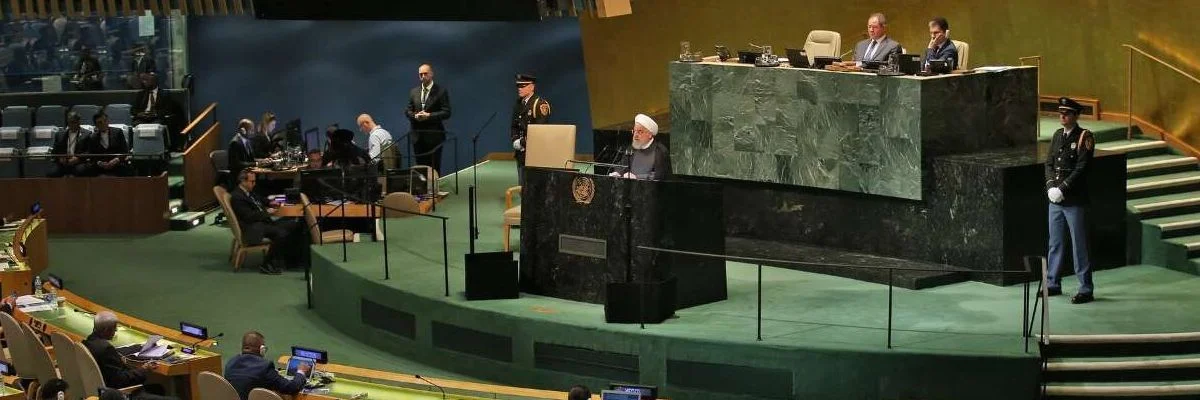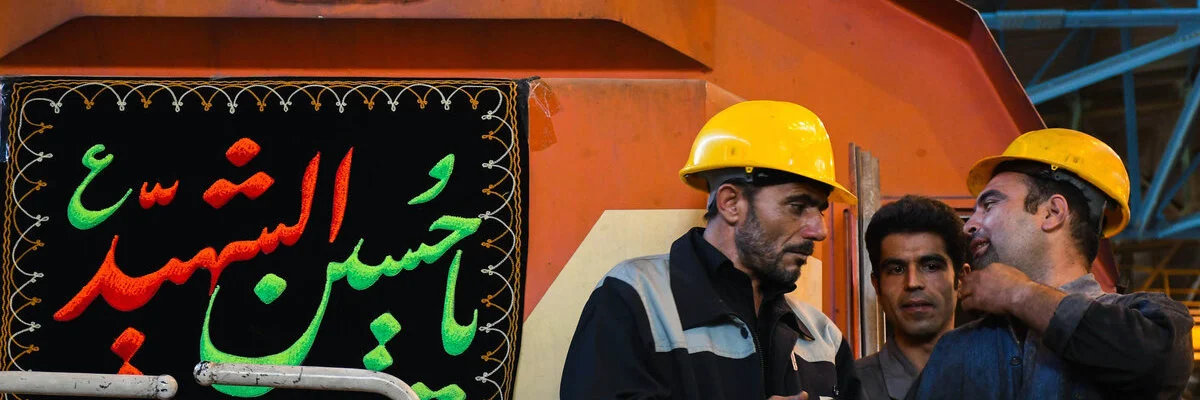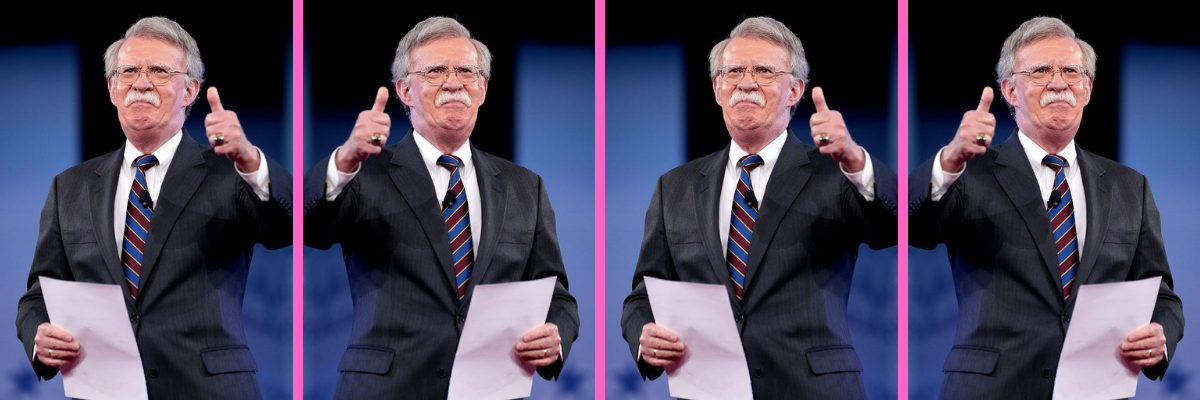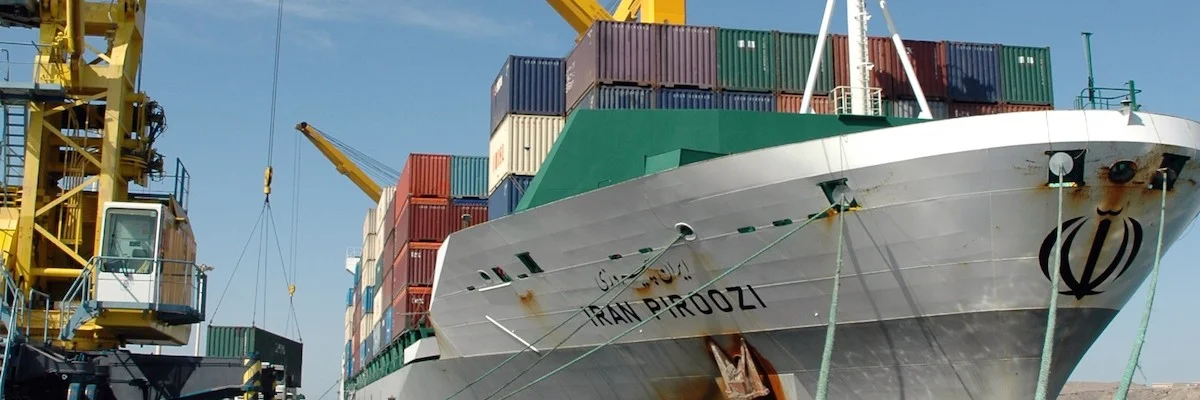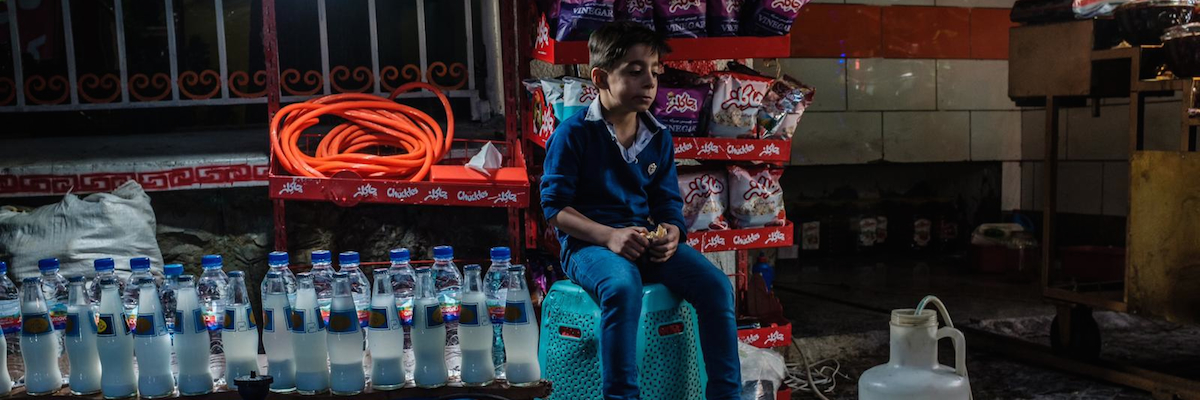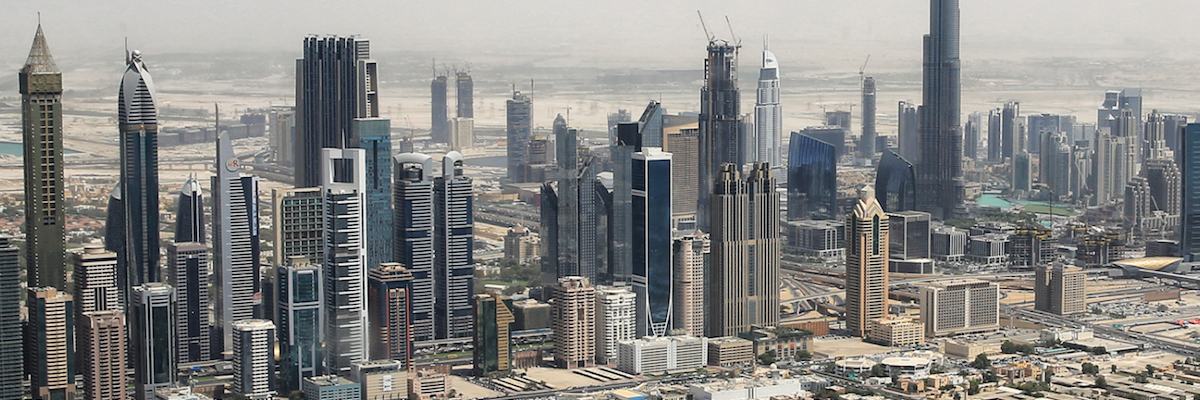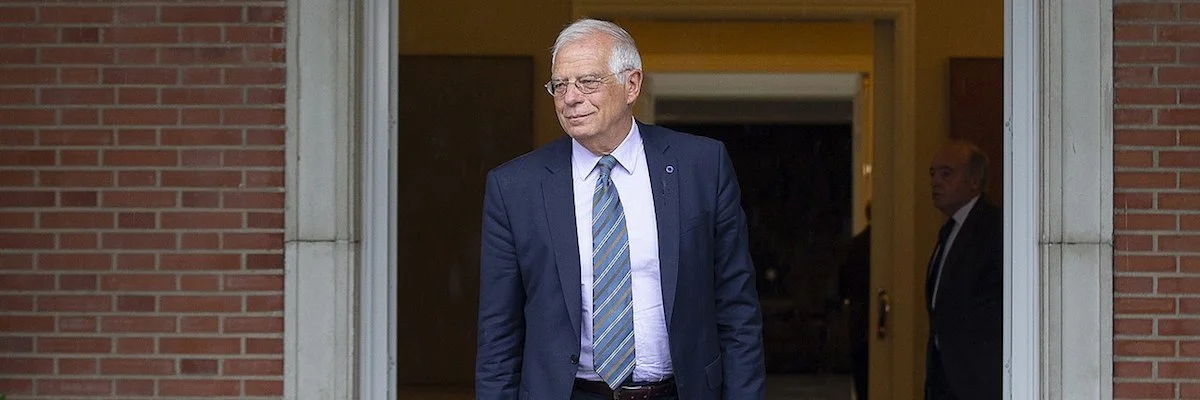◢ A free trade agreement between Iran and the Eurasian Economic Union (EAEU) will come into force on October 27, enabling preferential trade between Iran and a trading bloc comprised of 183 million people. But a leading research body has cautioned that the “low level of Iran’s commercial complimentary” with the EEAU market will temper prospects in the short term.
asdasdasdasdasdasdasdasdasdasd





